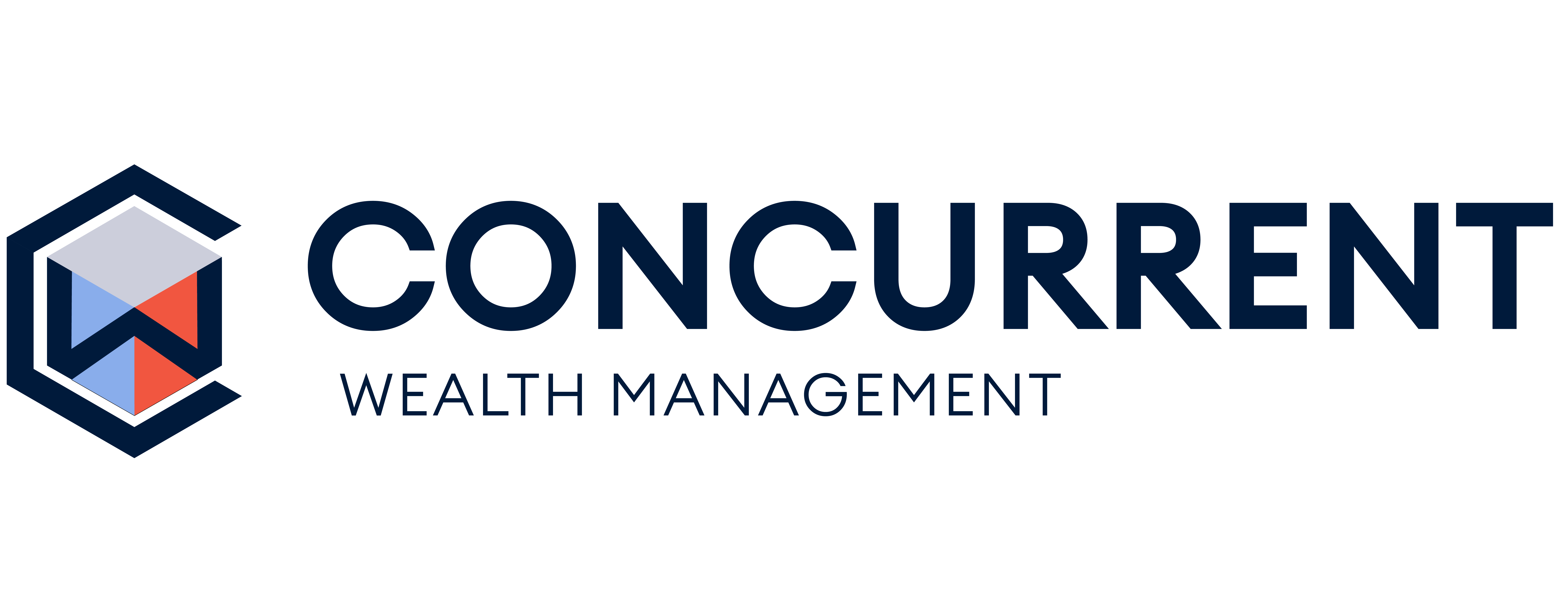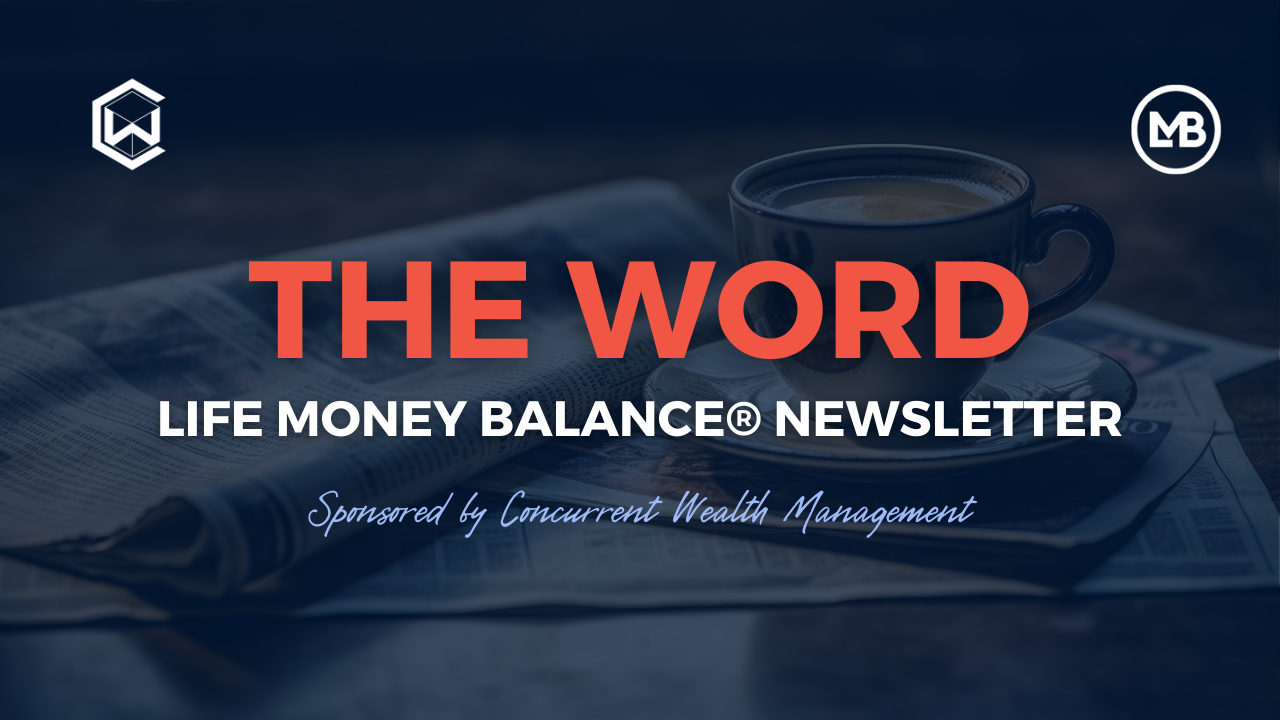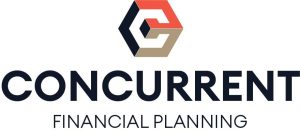When you run your own business, your days are filled with planning for your business’s future, ensuring you have an actionable plan that secures business success in the long term. It can be easy to put your personal financial planning aside – retirement planning is a distant concern, right?
You likely began the venture of creating your own business to pursue your passions and buy your freedom. You want to be able to spend your time and make your living doing what you want to do. With this freedom, however, comes increased responsibility.
As an employee, the path to retirement planning is pretty simple. You set aside part of your paycheck into a 401(k) or a 403(b) and work with your advisor to come up with a plan to supplement your retirement savings with other tax-efficient savings options.
Now, however, as a business owner, the retirement planning process looks a little different. There is no employer-sponsored retirement program in place – unless you establish one yourself – so the responsibility is on you to make sure you are saving enough for retirement.
Without having an employer to cover the expenses of retirement, you need a small business retirement plan that fits your needs, risk tolerance, and lifestyle to ensure that you can retire comfortably when the time comes.
In this article, we are going to discuss small business retirement plan options and provide information to help you decide which options are right for you and your goals. At the end of the day, the best retirement plan for a small business owner is one that achieves their financial objectives and provides them peace of mind every step of the way.
Why is small business retirement planning important?
You already know you have to invest in your business to allow it to grow. The same principle applies to your retirement savings. If you don’t invest in your retirement when the money matters most (right now), you could find yourself stuck in the very business that was built to buy you freedom and the life of your dreams.
Your retirement is the time when you should be able to relax and enjoy the fruits of your labor, you shouldn’t have to spend this time worrying about making ends meet. Effective retirement planning secures you with the funds to support yourself when you’re no longer working.
Even if you plan on selling your business down the line and using those funds to secure your retirement, there are too many unknown variables to depend on the sale of your business to cover all of your future expenses with no safety net. With retirement planning that makes room for all of your financial needs, you can enjoy your life now and in retirement.
To learn more how you can align your finances with your personal goals, and read more content like this, click here.
Small Business Retirement Plans
When it comes to creating your ideal retirement plan, you have to pick the option that works best for you and your business type. Here, we are going to break down some popular options and some criteria that can help you decide which account(s) are your best bet.
Traditional or Roth IRA
First up is one you’ve likely heard of, an IRA. An Individual Retirement Account (IRA) is probably one of the easier options for someone to start planning for their retirement on their own. Traditional and Roth IRAs don’t have specific filing requirements, and you can use them no matter how many employees you may have in your business.
As a small business owner, Traditional and Roth IRAs allow you to contribute individually with no employer or employee needed. These IRAs are a great option for someone who is just starting with their business retirement plan, especially because you can roll your 401(k) over into an IRA.
There are two options for Individual Retirement Accounts that we want to zoom in on the Traditional IRA or the Roth IRA.
Traditional IRA
Traditional IRAs are a popular choice due to their immediate tax advantages. Contributions to a Traditional IRA are typically tax-deductible, which can lower your taxable income for the year and provide an upfront tax benefit.
The investments within a Traditional IRA grow tax-deferred, meaning you won’t pay taxes on the earnings until you withdraw the funds during retirement. This can be particularly beneficial if you expect to be in a lower tax bracket when you retire, as you may end up paying less in taxes on the withdrawals.
This retirement option is not without drawbacks, however. Traditional IRAs come with required minimum distributions (RMDs) starting at age 73, which means you must begin taking withdrawals whether you need the money or not. This can potentially increase your taxable income during retirement. For small business owners who anticipate needing more flexibility with their retirement funds, this mandatory distribution requirement might be a drawback.
Roth IRA
A Roth IRA offers a different set of advantages that might appeal to small business owners seeking long-term tax benefits.
Contributions to a Roth IRA are made with after-tax dollars, meaning they are not tax-deductible. The key benefit of a Roth IRA is that both the contributions and the earnings can be withdrawn tax-free during retirement, provided certain conditions are met. This can be a great option for you if you expect to be in a higher tax bracket in the future or want to avoid paying taxes on your investment gains.
If you are a new business owner, this may be an attractive option because you may be making less in your first few years of business than you plan to in the future.
Roth IRAs also provide more flexibility with distributions. Unlike Traditional IRAs, Roth IRAs do not have required minimum distributions (RMDs), allowing your investments to continue growing tax-free for as long as you wish. This can make Roth IRAs the better choice for small business owners who want to leave their retirement savings to heirs, or who prefer the flexibility of accessing their funds on their own terms.
Deciding between a Traditional IRA and a Roth IRA depends on your unique financial situation and your plans for the future. If you need immediate tax relief and expect to be in a lower tax bracket during retirement, a Traditional IRA might be the better option. If you prefer the advantage of tax-free withdrawals and greater flexibility with your retirement funds, a Roth IRA could be more worth considering.
There’s also a third option: a diversified approach. By contributing to both Traditional and Roth IRAs, you can find a balance between immediate tax benefits and the long-term advantages of tax-free growth and withdrawals.
Consulting with a CERTIFIED FINANCIAL PLANNER™ can help tailor your retirement strategy to meet your specific needs and goals, ensuring you make the most informed decision for your financial future.
Solo 401(k)
Next up: the Solo 401(k). Also known as an Individual 401(k) or Self-Employed 401(k), a Solo 401(k) is a retirement plan designed specifically for self-employed individuals and small business owners with no employees, except for a spouse. It gives you the benefits of an employer-sponsored 401(k) without needing to work for someone else.
A Solo 401(k) has no age or income restrictions, making it a considerable option for many small business owners.
One of the primary advantages of a Solo 401(k) is its high contribution limits. This retirement plan allows you to contribute all of your salary up to the annual maximum contribution, compared to other plans where you can only contribute up to a certain percentage.
Another advantage of an Individual 401(k) is that you can make contributions as either a traditional or Roth 401(k). Having the option to take tax deductions now or after-tax contributions allows you to be flexible with your tax planning and create a strategy that is in line with your unique financial situation. Having the ability to optimize can allow you to grow your wealth more effectively and efficiently with your financial advisor or planner.
With each retirement plan comes its own set of drawbacks. As stated, a Solo 401(k) is an option for businesses that have no employees except for you and your spouse. If your business grows and you desire to hire help, you will have to consider other options.
You, as a self-employed contributor, also have to consider the administrative duties that come with a Solo 401(k), as you will have to make annual filings once you hit a certain threshold.
SEP IRA
Another option that we encourage small business owners to consider is a SEP IRA. A Simplified Employee Pension (SEP) IRA is another great option for self-employed individuals with no or few employees.
Like a Solo 401(k), SEP IRAs have a high contribution limit. For tax purposes, SEP IRAs are treated similarly to a Traditional IRA, so you get to have the benefits of tax deductions now on higher amounts than allowed under a Traditional IRA.
A SEP IRA also has less administrative work and upkeep than a Solo 401(k), making it an attractive option for busy small business owners who prefer a straightforward retirement solution. There is no annual reporting requirement and your annual contributions can be flexible from year to year.
It is worth noting that SEP IRAs have their own set of limitations. One significant limitation is that SEP IRAs do not allow for employee contributions; only employer contributions are permitted. This means that, if you have employees, you must contribute the same percentage of their compensation as you do for yourself, which can become expensive as you expand your workforce.
SEP IRAs also have less flexibility in terms of loan provisions and hardship withdrawals compared to other retirement plans like 401(k)s. You cannot borrow against your SEP IRA funds, which can be difficult if you need access to your retirement savings for emergencies or significant expenses before retirement age.
SIMPLE IRA
Last but not least, one of the retirement savings plans that you may want to consider as a small business owner is a SIMPLE IRA. A Savings Incentive Match PLan for Employees (SIMPLE) IRA is a great option for owners of larger small businesses – up to 100 employees.
SIMPLE IRAs are relatively easy to set up and are a tax-deferred retirement savings plan for small business owners.
With a SIMPLE IRA, an employer is required to contribute either a matching contribution of up to 3% of compensation (not limited by the annual compensation limit) or a 2% nonelective contribution for each eligible employee. This plan allows employees to share responsibility for their retirement savings by contributing through salary deferral.
SIMPLE IRAs have much lower contribution limits, however than other small business retirement plans. You, as the employer, may also have to make mandatory contributions to employee accounts, which can be expensive if you have a lot of employees in the plan.
SIMPLE IRAs are also much less flexible than other options. SIMPLE IRAs have tax consequences for early withdrawals and have a two-year rule, which penalizes participants with a 25% early withdrawal penalty if funds are withdrawn within the first two years of participation.
This is higher than the standard 10% early withdrawal penalty for other retirement plans, potentially deterring employees and business owners from accessing their funds if needed in the short term.
Bottom Line
As a business owner, you spend a lot of time working within your business to make sure that things flow smoothly and grow with ease. While running your business can give you freedom from employer-related stressors, it also comes with added responsibilities. You, as your own employer, are in charge of securing your retirement and deciding which plan(s) is the best fit for you.
There are a few popular small business owner retirement plans that are worth considering. Traditional options like a Traditional or Roth IRA are still available for you, whether you work for an employer or yourself. You can also consider options like a Solo 401(k), SEP IRA, or SIMPLE IRA.
Ultimately, the best option for you comes down to your business type and size, your goals and projections for your future, your lifestyle, and how long you want to be working. Picking the right option or mix of options is much more effective when you work with a trusted financial professional who has experience in working with small business owners in a tax-efficient (and more importantly, life-efficient) manner.
Want to come up with a plan that’s right for you? Let’s have an introductory conversation where we can learn about you and your business and help strategize the best path forward.





